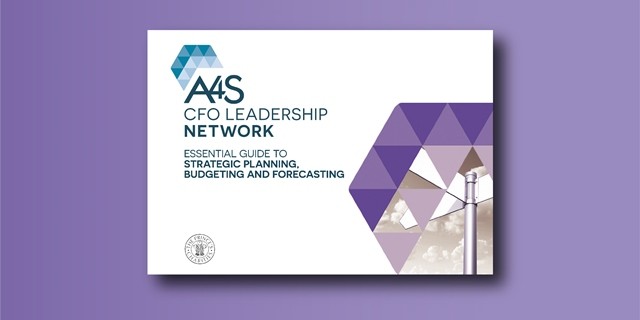Long term value in an unpredictable world
By Scott Longhurst, Managing Director of Finance & Non Regulated Business, Anglian Water Group and member of the A4S CFO Leadership Network
Successful organizations seek to thrive over the long term in a world that is volatile, uncertain and complex. Eight out of the top ten risks highlighted by the World Economic Forum in 2018 are related to environmental or social issues. Risks that a decade ago weren't seen as a noteworthy threat to business, such as extreme weather events, water crises and failure of climate change mitigation and adaptation are now starting to bite. Developing a strategic response to these issues, mitigating the risks and seizing opportunities arising from an effective response, should be at the front and centre for every organization. All CFOs should ensure these issues are addressed in an integrated manner within their strategic planning, and followed through with aligned budgeting and forecasting. Integration and alignment are key to the creation of a resilient future.
The finance team plays a crucial role here. They ensure strategies are costed, financial resources are allocated, and performance is monitored. Finance teams can also prove that the strategy itself drives sustainable long term value. This is underpinned by the availability and robustness of relevant data. High quality data that is important to the strategy must be used in the formulation of the plan, not simply as a statistic in reporting.
STARTING THE CONVERSATION
If you work in finance, the A4S Essential Guide to Strategic Planning, Budgeting and Forecasting has been designed to help you. The practical tools and insights are pragmatic and useful, so consider its content and share its ideas with your colleagues. The guide will enable you to have a conversation about what you can do in your own organization to deliver sustainable long term value.
All members of the A4S CFO Leadership Network have pledged to build sustainable business models. We pilot, refine and embed relevant integrated thinking and ideas into these models and commit to positive action. As we do this we have the opportunity to keep our financial plans, budgets and forecasts aligned to the strategies that ensure our businesses are resilient and well positioned to thrive. We hope you will want to join us.


